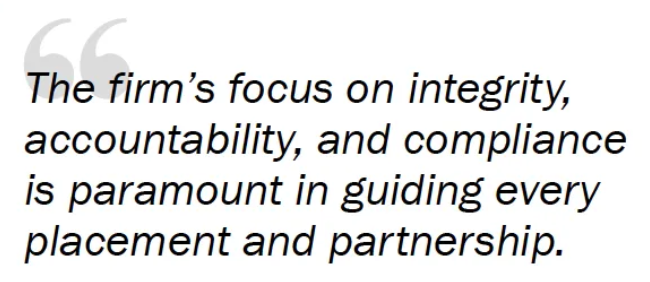8 Essential Tips for Managing Remote Workers During the COVID-19 Pandemic and Beyond
Use these Practices to Facilitate Success for Remote Work Teams

Two weeks ago, a friend who founded a small web design firm in New York engaged a contractor to work in her office. This week, she required that person to work from home.
This scenario is repeating itself across the country, spreading almost as fast as the novel coronavirus. Elite Technical clients—Fortune 1000, Fortune 500 and industry leaders nationwide—rely on contract labor to augment their own corporate and field teams.
Like Elite Technical, these firms have begun rolling out COVID-19 response policies and are developing business continuity plans that include remote workers. Our IT recruiting firm is pleased to help.
Below is our short list of practices to facilitate success with your remote work team.
1. Lead with clarity.
Communicate business challenges and needs. Set clear expectations about problems that need solving and
by when. Communicate proactively and ask questions to ensure that remote workers understand exactly what you need and are positioned to provide it. Clear expectations lead to fewer mistakes on the job! Require team members to alert you if deadlines are in jeopardy. Explain priorities and provide honest urgency assessments to ensure that your team can manage to expectations. Let your team know that you don't want to hear bad news second hand. Make sure everyone understands the need to share relevant facts, especially when work happens at a distance.
2. Stay open-minded during times of change. Understand that more guidance is needed during times of change than typically required when conducting business as usual. Ask questions to clarify the reasoning behind unusual worker requests or schedules. Confirm your worker’s accessibility during regular business hours, and be open to flexible work hours, especially for workers with sick family members at home or children whose schools have closed due to coronavirus fears. When workers know you also have their best interests at heart, they are more likely to make your needs a priority.
3. Incentivize remote workers to ensure timely project completion.
Project completion bonuses and other reward programs are tools for
keeping workers motivated, especially when it's easy to be distracted
by home surroundings and in-your-face family demands. Financial rewards are great motivators, but also remember the power in a few words of encouragement and positive reinforcement, or a spontaneous surprise, such as a package in the mail.
4. Make sure people have required resources and are empowered to take action.
Familiarize workers with company policy on telecommuting, your plan for ensuring data security, and company expectations for managing business confidentiality outside usual work environments. Again, make sure remote workers know what's expected. Also, confirm plans with your corporate office to ensure workers have or can acquire what they need to succeed. Notify team members of urgent (and other) matters through collaborative software updates or email so everyone stays in the loop and knows their role.
5. Engage with your team.
A quick face-to-face chat can help avoid communication mishaps and keep
projects on track. To lower the risk of COVID-19 transmission, replace
in-person meetings and travel requirements with online meetings (whenever possible) to maintain the sense of connectedness
important to business relationships. "Face-to-face" business reports and commitments (made possible by Skype, Zoom or UberConference meetings) also help foster accountability. Announce virtual “Town Meetings” to explain what’s
happening with special projects and why you need remote workers to stay focused
and involved.
Also use group phone meetings and text messaging to ensure
real-time updates.
6. Employ business tools that facilitate both collaboration and management. For example, Adobe Docusign will keep contracts flowing, and Hubstaff runs software on the virtual employee’s desktop, making it possible for managers to track remote workers’ time on task. Management consultant Jeff Bullas has compiled this list of 11 Remote Team Management Tools. Check it out.
7. Assess your resource plan periodically.
Not all business managers are comfortable with remote work. If you need to locate contract
workers who have proven successful in remote work environments, or if you require different technology solutions for
remote workers, ask your favorite staffing provider
to help with requirements. They have people and tech resources ready to meet almost any staffing challenge.
8.
Ask for and encourage feedback
from
remote workers
. Whether responding to a virus threat, the likes of which
we’ve never seen, or its unfolding impact on our work environments, it’s
important to stay apprised of facts, review the data, evaluate processes, and learn from
results. In doing so, we are sure to uncover options and best practices,
push our flexibility, and adapt for ongoing success. Stay focused on learning
from feedback, and you’ll weather these strange times. In the meantime, wash your hands, stay well
and be happy!
BTW, if you’re interested in Elite Technical’s COVID-19 Response Policy , you can access it on our website. If you need help hiring remote workers to increase competitiveness and ensure a happy, healthy workforce during the COVID-19 crisis and into the future, please call us at: 1-800-ELITE-50.














